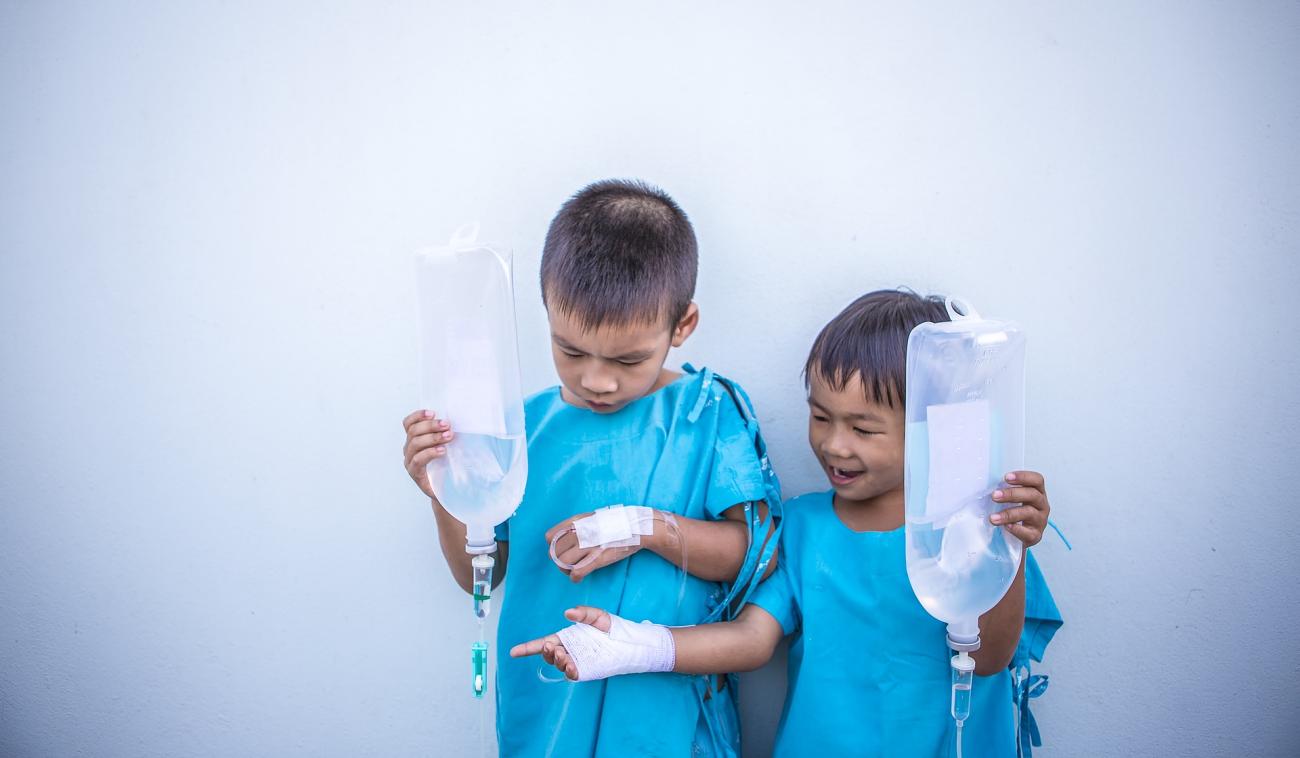Hospital operations impact the people's health and wellbeing, including the environment's; from energy-intensive medical equipments, prevalence of single-use plastics to the waste these facilities produce round-the-clock.
While it is the healthcare professional's oath to "do no harm", unsustainable hospital operations and use of hazardous medical items can cause harm.
However, healthcare professionals and the hospital management can leverage on their influential position in society to transform the supply chain; one that is green, sustainable and mindful of its impact on the people and the planet. The kind of purchasing that is not always profit-driven but envisions an equitable and healthy environment for the patients, their families and the general public.
Strengthening Health in Procurement Project (SHiPP) is a joint-partnership among Swedish International Development Cooperation Agency (SIDA), United Nations Development Program (UNDP) and Health Care Without Harm under the coordination of the UN Informal Inter-agency Task Team on Sustainable Procurement in the Healthcare Sector (SPHS).
SHiPP is being implemented in lower-income countries to develop sustainable procurement practices and policies as well as in growing economies with important health sector production, consumption and regional influence.
Orientations on sustainable procurement and meeting of hospitals are already happening in the Philippines and Indonesia.
Seen here are participants from West Java Provincial Mental Hospital and Cahaya Qalbu Hospital during an Orientation on Green Hospitals and Sustainable Procurement hosted by the RKGSM Dental Hospital and HPH Indonesia in Bandung
A similar orientation can be seen here with Tagaytay Medical Center and supported by the Mount Grace Hospitals health system in the Philippines
This campaign aims to help hospitals particularly in Southeast Asia, lower their greenhouse gas emissions (GHG), address resource depletion and reduce impact of toxicity, along with the substitution of non-compliant and less harmful medical products.
To a much greater extent, it seeks to save lives in a compassionate and sustainable way.
To know more about this campaign, send an email to info@no-harm.org



